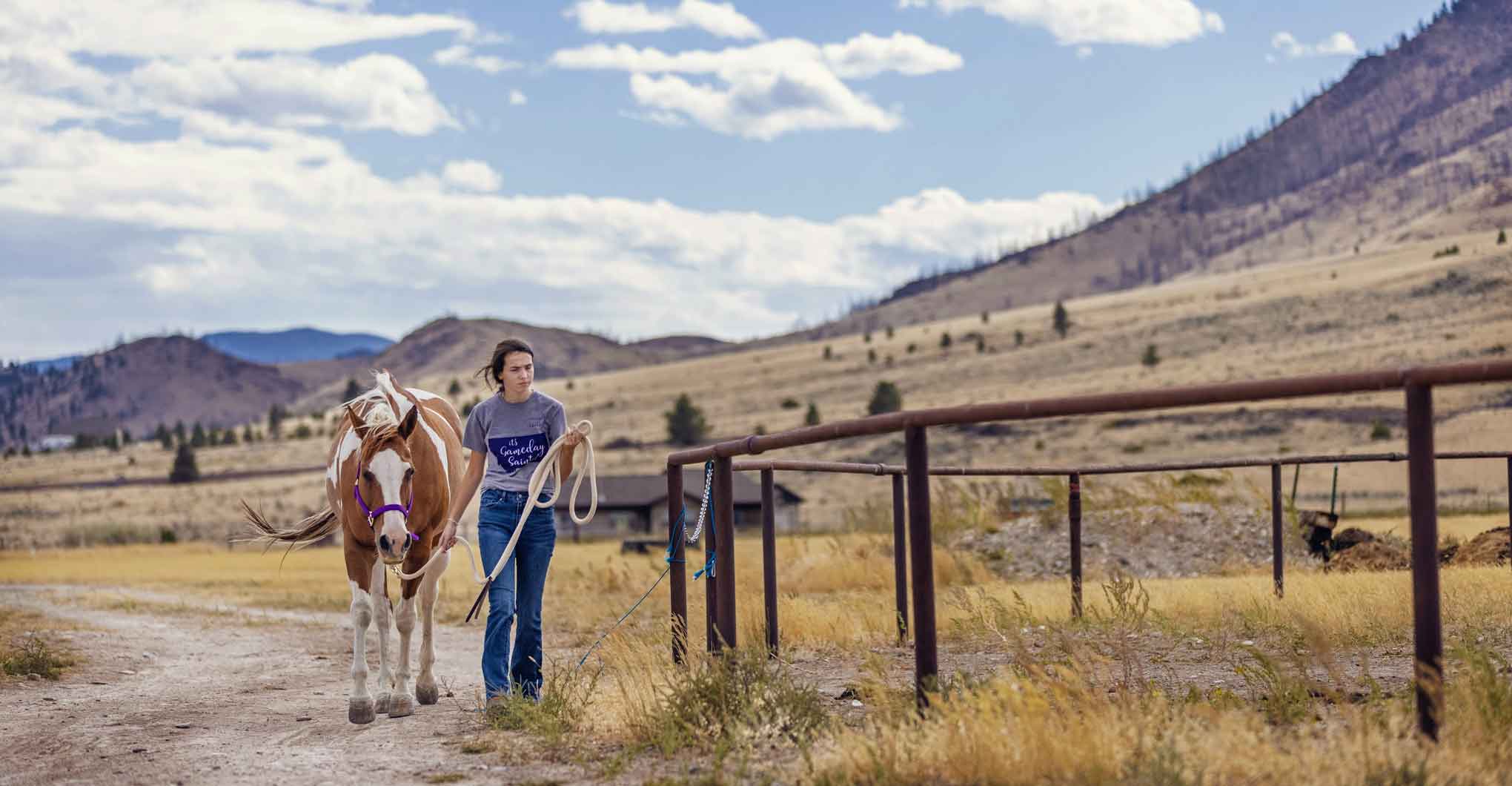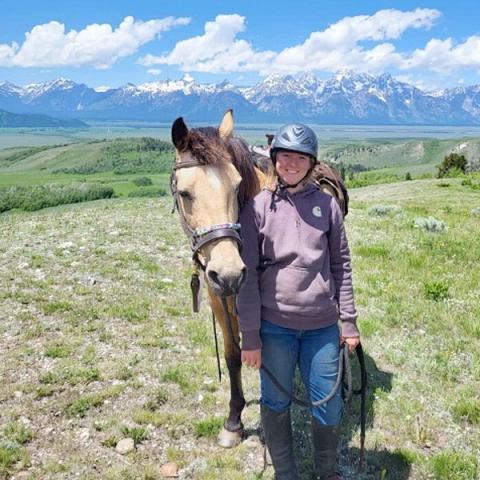Adopt an animal
The anthrozoology canine coursework is centered around students learning canine physiology, health, ethology, operant and classical conditioning, applied behavior analysis, animal sheltering, culture and conflict, olfaction, therapy and service work, as well as identifying possible career objectives. Anthrozoology student handlers work and live with their adoptable dog during the academic year.
Our adoptable animal program does not produce working animals or therapy/service animals. At the end of the academic year, they become lovely companion animals. Each student walks away having had a unique experience impacting their understanding and perspective of the human-animal bond.
The process includes sharing videos and photos with the public via social media, and screening potential adopters. In the spring, students interview potential adopters of their program animals. The choice of adopter is based on compatibility, looking for the best home to suit the dog’s needs.
There is no guarantee a program animal will have the skills and interest to go onto more rigorous training - beyond Carroll College for service work. Animals are selected based on their temperament, and capacities to learn in the campus environment.
The Perkins Call Canine Center
The Perkins Call Canine Center is named in honor of visionary anthrozoology founder and retired Carroll professor Anne Perkins, PhD, and alumna Whitney Call ‘08, and her family, whose gift of $1,250,000 for construction and a canine center director transformed the dream of a home for the anthrozoology program into a reality.
The Center, which was completed in time for the Fall 2020 semester, includes a 2,600 sq. ft. canine training room with beautiful views toward downtown Helena and the surrounding mountains, a 30-seat classroom, anthrozoology faculty offices, research rooms, a veterinary treatment room, wash rooms, and both indoor and outdoor kennels.
Collar Scholars
Collar Scholars at Carroll College is comprised of students who assist in raising puppies who will eventually become assistance dogs through Canine Companions for Independence, a nationally affiliated, non-profit organization that provides service dogs for people with disabilities, free of charge.
The Collar Scholars receive 8-week-old puppies that they train in over 30 different commands and behaviors over the course of 18 months. Once they complete their 18-month training, the dogs return to Canine Companions in California, where they complete their professional training to be an assistance dog.


